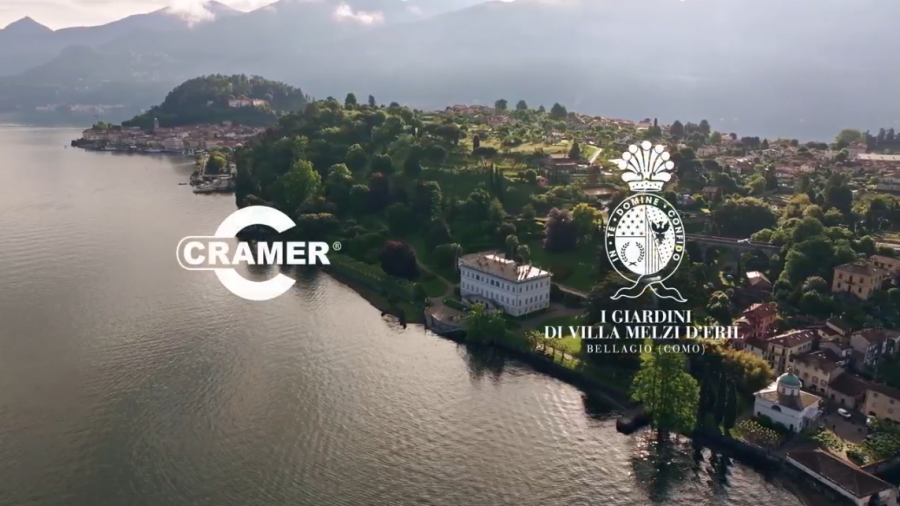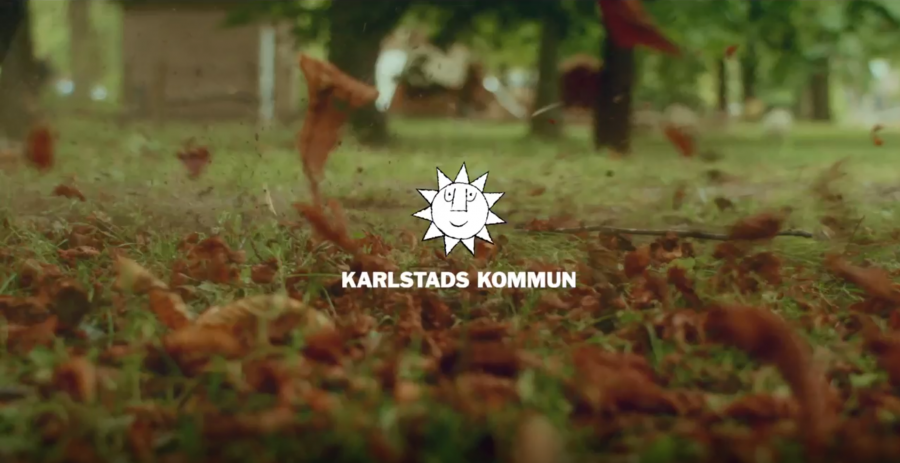Our
lives in the 21st century are under
increasing threat as our cities overheat, flash floods wreak havoc, forest
fires blaze out of control and climate change moves on apace after a summer of
increasingly strange weather patterns across the world.
As
we adjust to dealing with more extremes, what are the solutions to tackle some
of these issues, and the interventions that the landscape profession can make
to help mitigate some of these problems?
Issues
such as population growth, increasing urbanisation, social inequality,
increasing obesity levels, digital and technological innovation, food and water
security and climate change, do not respect national or professional
boundaries.
These
trends and consideration of how we respond to them will be the focus of a
two-day international conference Valuing
Landscape, organised by the Landscape Institute and IFLA Europe at the
University of Greenwich next week (6th &
7th September 2018). The event will give attendees the
opportunity to listen, engage and debate many different viewpoints that are
held on this topic.

Daniel
Cook, CEO of the Landscape Institute, will argue that the importance of valuing
landscape is key to ensuring that the landscape profession can win the debate
with central and local government policymakers, developers, investors and
communities about the benefits that their work brings to people.
The
profession has extensive experience across many attributes of landscape,
including character, beauty and visual impacts, to name just a few. It wants to
explore what more will it needs to do in light of these major global trends
& challenges – in fields like health, resilience, landscape management and
also emerging fields like natural capital and more intangible aspects like
soundscape mapping.
The
longer term aim of this event is to develop the landscape profession’s view, in
response to major external changes, as to what can and can’t be measured, and
how best to create consistent professional standards and principles going
forward.
Ahead
of the conference Dan Cook said: “We want to ensure that landscape led
solutions are sought after by city and rural leaders globally to mitigate the
growing pressure on people, place & nature."
He
outlined five key priorities we need to address:
- To be bolder with our nature-based solutions
- Increase collaboration across different
disciplines to solve complex problems
- Identify the most important attributes that landscape led
solutions can bring to society, through the understanding of design, planning,
management and science
- Consistently measure, quantify and value the outcomes and
efforts that make the greatest difference to people, place & nature
- Communicate clearly the benefits and outcomes achieved.
Also
speaking at the Valuing Landscape
conference is the newly appointed President of the Landscape Institute Adam
White who will say: “There is already solid evidence that points to the fact
that good, well designed and implemented landscapes can have a profound effect
on our mental and physical health and on our quality of life. With the
increasing pressure on our health services this will only become more pressing,
yet we still see bad design, poor management and inadequate funding. Health
& wellbeing is one area where we as landscape architects can really make a
huge difference.”
Perhaps the most important question this conference seeks
to ask, lies in how landscape professionals can live up to their promises
around connecting people, places and nature and the answer must be by better
engaging with local communities from the bottom-up, to inform decision-making
and drive best practice and innovation.
Tony
Williams IFLA Europe President said: “Together
IFLA Europe & the Landscape Institute have brought together a range of
experts with different experiences from around the world. This will help us
explore setting internationally agreed standards in landscape practices;
putting in place the practical and policy frameworks required to plan, design
and manage our landscapes and health services over the next 50 years.”
Placing
a value on the landscape is not simply about money, yet it is often the key
driver for those signing off on masterplans and developments. It’s vital we
think about the future role we can play. Sessions at the event include:
- Understanding and responding to future trends
- The evolving definition of landscape value
- Valuing the intangible – what should we measure?
- Opportunities around Natural Capital
- Creating value for people and their wellbeing through green
infrastructure
- Lessons from place-makers around the world
- Real world case studies
and site visits with experts
Key
speakers include: Jan Christian Vestre, CEO of Vestre; Sarah Weir, CEO of the
Design Council; Ursula Hartenberger, Global Head of Sustainability, RICS
Brussels; and Professor Ian Hodge, Professor of Land Economy at Cambridge
University.







